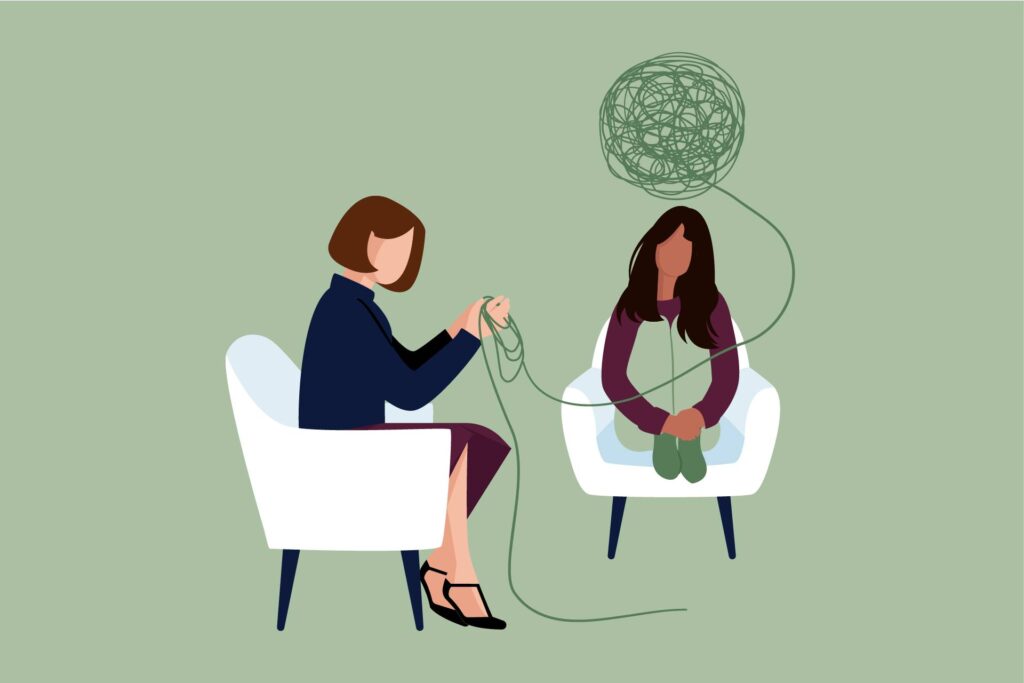Consent For Kids: Ages 10 and Up
Consent for Kids: Content for Ages 10 and Up
Consent is for kids too! Wondering how you can talk about consent with your children who are age 10 and up? We have a few tips here that lay the foundation for these conversations no matter what the maturity level of your child. Since consent can be talked about in regards to any agreement between people, it is still quite easy to adjust these conversations according to what is appropriate for your child to know about sex depending on their age.
Starting consent conversations early and about ALL agreements between folks helps make the transition into talking more explicitly about romantic relationships and sexual activity (not just sex, this can go for other intimate acts like kissing as well) easier. It’s also okay to acknowledge if you and/or your child feel a little awkward talking about this- don’t ignore the elephant in the room, you’re allowed to say “Hey, I know this can be awkward but these are really important conversations I want to start having. Don’t worry, I’m a bit nervous too!”
You can use real world examples, or examples from the shows, movies, and games that are already a part of their lives. Sometimes it’s easier to talk about these topics when you’re referring to characters they already know or relate to, and can be a great tool to discuss elements of healthy vs. unhealthy relationships as well.
It’s important that children and teens don’t feel shame when they have questions about consent, relationships, sex, intimacy, puberty, etc. If youth don’t feel like the trusted adults in their life are safe people to talk about these things with, they may avoid asking questions altogether from anyone, or they may turn to other sources if information that may be incorrect or harmful (i.e., learning things from what their friends tell them, non-regulated websites, exploring pornography without proper understanding of porn literacy).
These are just the beginning tools to help you start these conversations and create as safe a space as possible for your child to turn to you if they have questions about these important topics. This does not mean you as the parent will have all the answers, especially as children mature, begin to learn more about sex and sexuality at school, and are exposed to different forms of media (i.e., tv shows, movies, social media platforms). You do not have to be the expert and it’s okay to let your child know when you don’t know the answers to their questions. You can find various online tools with information for both parents and youth, or you can connect to local agencies like KSAC to provide the answers.












Contact Us
- 360 George Street North, 4th Floor, Peterborough, ON, Canada, Ontario
- Office Line: 705-748-5901
- [email protected]
People of All
Backgrounds, genders, sexualities, ages and abilities are treated with respect and dignity in a nonjudgmental and supportive environment at Kawartha Sexual Assault Centre.

© 2025 Kawartha Sexual Assault Centre. All Rights Reserved.

